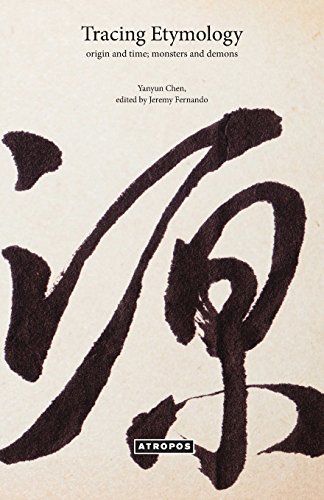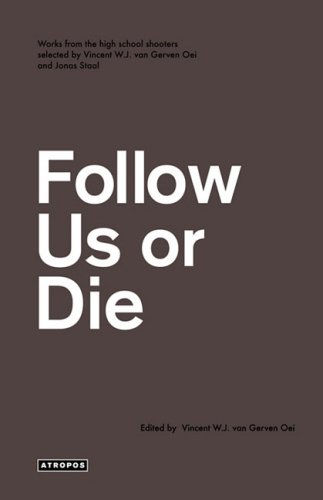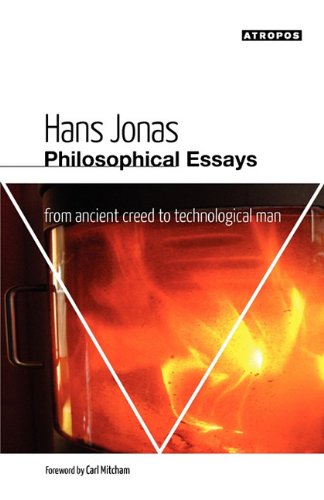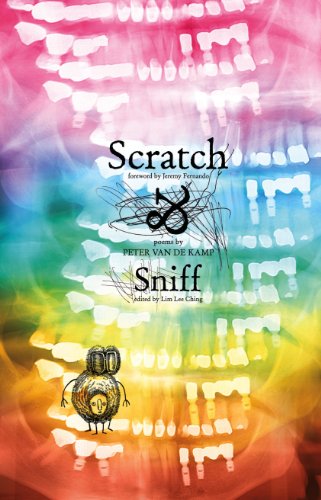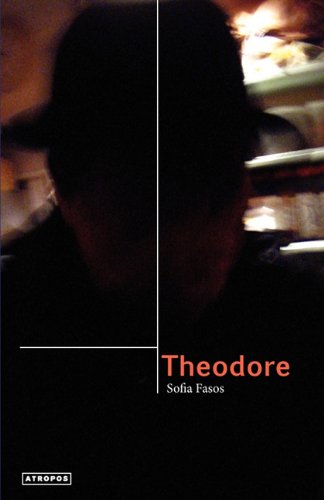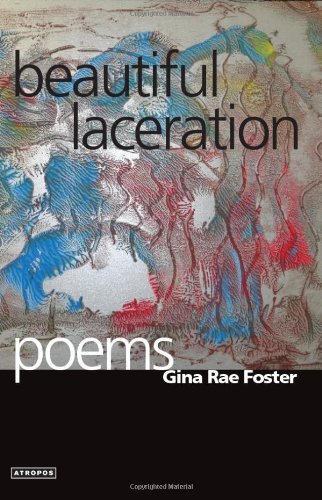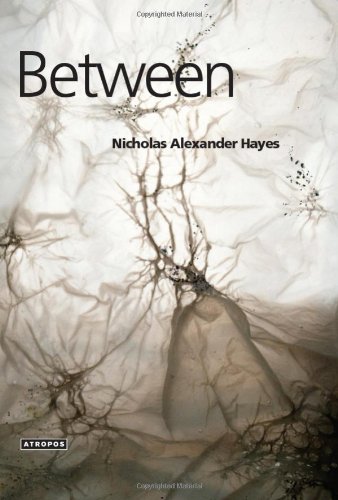Luiz Bernardo Perics (Author), Sardenberg Rodrigo (Translator)
Che Guevara and the Economic Debate in Cuba
Hardcover – 15 Apr 2009 | 314 pages | ISBN-10: 0981946283 | ISBN-13: 978-0981946283
Clear, well documented, engagingly written and consistently arranged according to topic, this book has an added merit of no little value when compared to most literature on economical subjects: thanks to its conceptual clarity and the precise information that is transmitted to the reader, it can be read and understood with ease. A book defi ning Cheʼs thoughts on economy was sorely needed. Most of those written in the past have done nothing to place his ideas in their historical context, including all of his radical shifts from 1959 to 1966- regarding the USSR and his own Cuba. Moreover, most of the concepts in these earlier books were buried under the weight of an enormous mound of information, making it impossible to follow the thin, red, revolutionary and internationalist thread that runs through Cheʼs political and economical thoughts. Here that red line can be traced. A concluding chapter is dedicated to the political and cultural relations that Guevara had with other leftist movements. The fi nal bibliography, dedicated exclusively to the theme of research, is also excellent. -Roberto Massari in Che Guevara. Quaderni della Fondazione (n. 6/2006) Luiz Bernardo Pericás is a Brazilian born Historian. He got his BA in History from George Washington University, a PhD in Economic History from the University of São Paulo, and a post-doctorate in Political Science from FLACSO, in Mexico, where he was a Visiting Professor. He has also been a Visiting Scholar at the University of Texas at Austin. Pericás has published articles and essays in Brazilian and foreign magazines, journals and newspapers, and edited and translated to Portuguese important authors such as James Petras, John Reed, Edward Said, Jack London, A. Alvarez, Slavoj Zizek and José Carlos Mariátegui. He is the author of many books, such as Che Guevara e a luta revolucionária na Bolívia and Mystery Train, among others. He is currently a scholar-in-residence at the European Graduate School, a researcher at Fundap, in São Paulo, and a professor at FLACSO (Facultad Latino-Americana de Ciencias Sociales), in Brazil.


